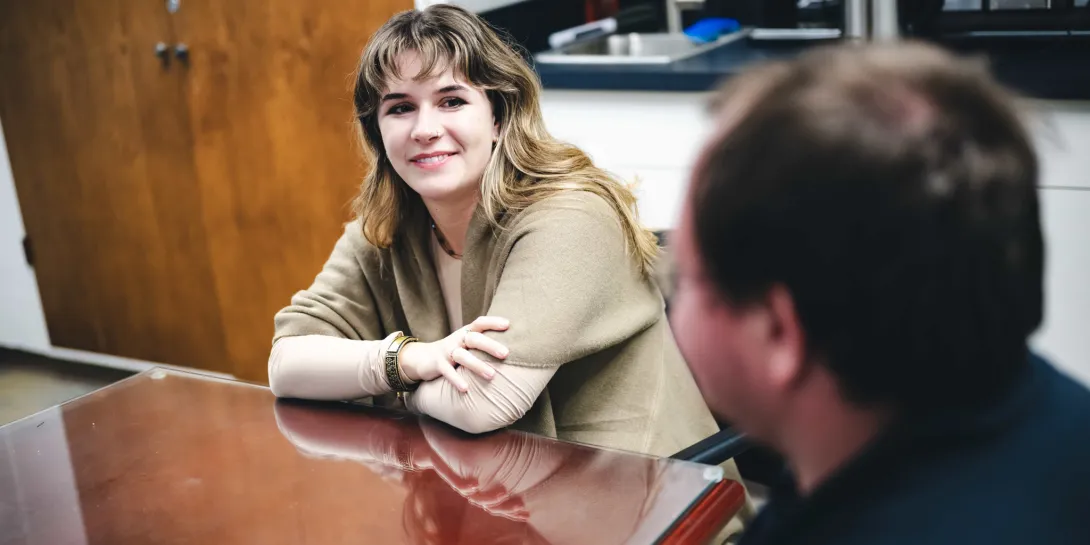The Community Fellows Program is designed to support Lehigh’s community partners and is ideal for students interested in combining academic training with meaningful, community-based work experience.
Community Fellows work for a participating agency for roughly fifteen hours per week while earning their one-year master’s degree in either Environmental Policy, Politics and Policy, or Public Policy.
Community Fellows are only financially responsible for nine credits of graduate school tuition, payable in three installments: three credits are due in the fall, three in the spring, and three in the summer. Support from both Lehigh University and agencies hosting Fellows covers the tuition costs associated with students’ remaining 21 credits.
Students applying to Lehigh’s Environmental Policy Master’s Program or one of the two programs offered by the Political Science Department who would like to be a Community Fellow should submit a letter indicating their interest as part of their application. Please see the Environmental Policy and Political Science websites for more information.
Initial planning for the Community Fellows Program was made possible through funding from the Pennsylvania Campus Compact (PACC) and the Corporation for National Service.
Program Rewards
Community Fellows are an incredible resource to the organizations they serve. The experience, though, is just as powerful for participating students:
- Community Fellows obtain both a master's and valuable hands-on work experience all in one year.
- Community Fellows synthesize in-class learning and real-world action.
- Community Fellows gain valuable networking opportunities and skills.
- Community Fellows get well-prepared for future employment or study.

